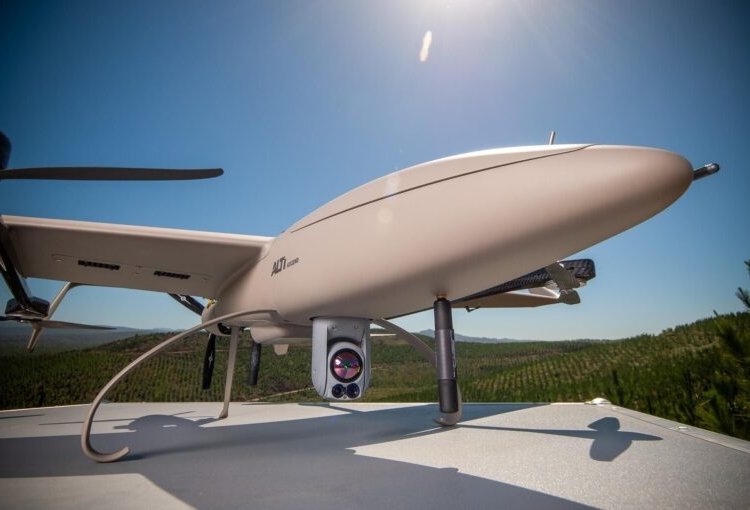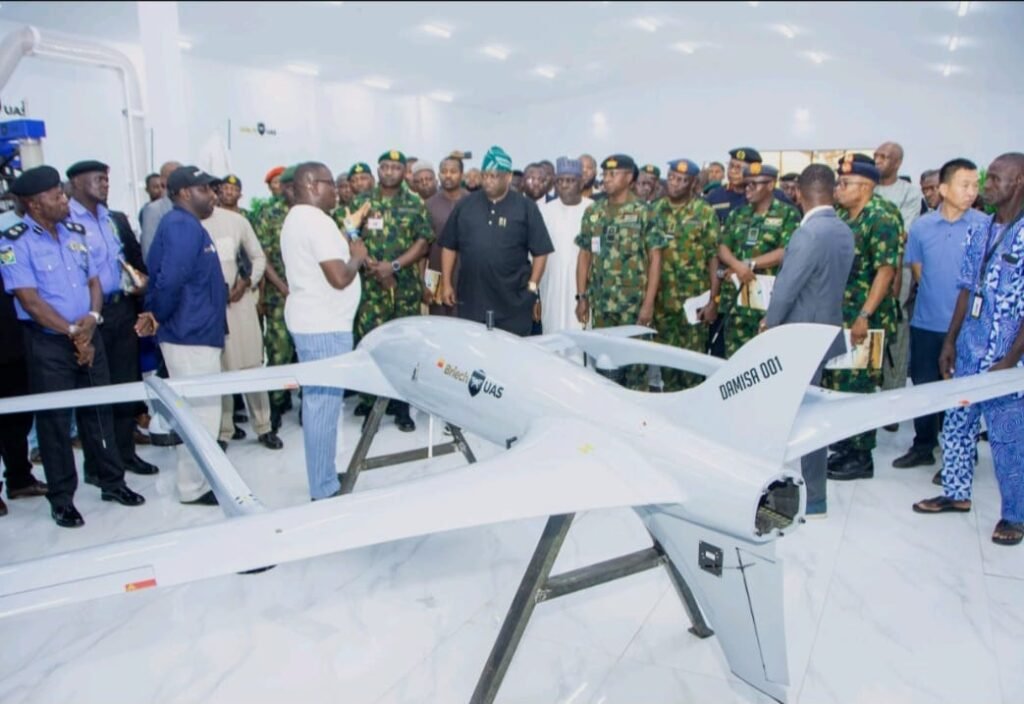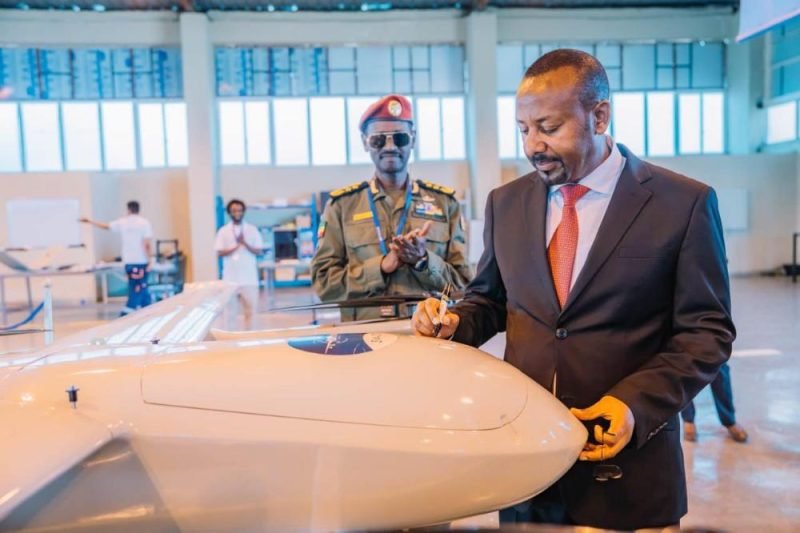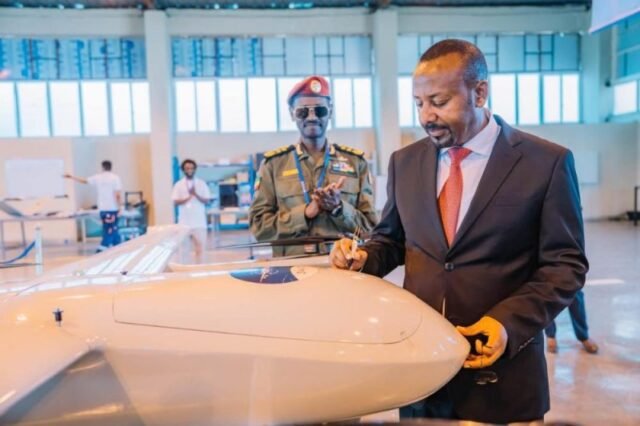In a bold and hopeful stride, Ethiopia and Nigeria are joining forces to develop a fleet of African-made drones, marking an exciting milestone for the continent’s technological independence. This collaboration spans both civilian and military applications, reflecting a shared ambition for self-reliance and cutting-edge innovation. The initiative is more than a mere agreement—it is a statement that African nations can lead in aerospace development.
Table of Contents

Strategic Visit and Shared Vision
Earlier in July 2025—specifically from 1 to 3 July—a high-level Nigerian Air Force (NAF) delegation led by Air Commodore Ali Hussaini Idris visited Ethiopia. They met with senior officials at the Ethiopian Air Force (EAF), touring critical facilities like the Air Force Headquarters, Aviation Depot Maintenance Centre (ADMC), Dejen Aviation Engineering Industry (DAVI), and the Air Force Academy.
The visit coincided with celebrations marking Ethiopia’s 90 years of military aviation, providing historical context to the talks. Discussions focused on enhancing technical cooperation in areas such as aircraft overhaul, including the servicing of L-39 jets and Mi-series helicopters, as well as exploring opportunities for pilot and technician training, joint research, and the co-development of a fully indigenous African drone.
Complementary Strengths: Nigeria’s Operational Experience, Ethiopia’s Manufacturing Edge
What makes this partnership genuinely promising is how each country brings complementary capabilities to the table. Nigeria already boasts a portfolio of homegrown drones—including the Tsaigumi reconnaissance UAV, the rifle-armed hexacopter, and the Damisa kamikaze attack drone—showcasing the NAF’s growing prowess in operational drone design and deployment.

Meanwhile, Ethiopia has been ramping up its own domestic manufacturing through the newly established SkyWin Aeronautics Industry, inaugurated by Prime Minister Abiy Ahmed in March 2025. Located in Addis Ababa, SkyWin is set up to design and produce a range of unmanned aerial vehicles for both civilian and military use—targeting surveillance, agriculture, infrastructure, intelligence, and defence missions.
Together, Nigeria’s field-tested drone systems and Ethiopia’s emerging industrial capabilities could lay the foundation for a genuinely African UAV—designed, manufactured, and deployed right here on the continent.
Towards a Sustainable and Shared Future in African Aerospace
Chief of the Air Staff of the Nigerian Air Force, Air Marshal Hasan Bala Abubakar, neatly captured the overarching vision when he said: “Such engagements underscore the NAF’s unwavering commitment to enhancing intra-African cooperation, fostering indigenous capabilities, and boosting operational effectiveness through strategic alliances.”
As the two air forces deepen ties, the partnership extends beyond just producing UAVs. Plans include exchange programmes, where Ethiopian commanders train at Nigeria’s Air Warfare and Doctrine Centre and Air War College, helping strengthen operational interoperability and shared doctrine.
This cooperative model signals a new era, one where African nations pool their resources, expertise, and aspirations to build technology that addresses shared challenges—whether these lie in defence, agriculture, or disaster response.

Key takeaway:
With Nigeria’s tested drone systems and Ethiopia’s growing manufacturing base via SkyWin, the two nations aim to co-develop a fully indigenous UAV. Their July 2025 engagements spotlight an inspiring drive towards technological self-sufficiency and inter-African collaboration.
Join Our Social Media Channels:
WhatsApp: NaijaEyes
Facebook: NaijaEyes
Twitter: NaijaEyes
Instagram: NaijaEyes
TikTok: NaijaEyes





